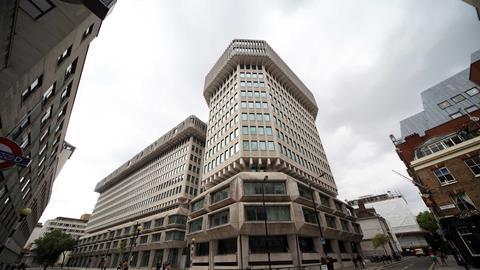The Ministry of Justice has finally set the ball rolling on its major review of the civil legal aid sector. However, the timetable suggests any measures to save the shrinking sector may not be implemented until late 2024 at the earliest, in the likely runup to the next general election.
Dominic Raab’s department announced today that the review will commission an external economic analysis of the civil legal aid market to better understand how people access funding and support.
The ministry said the review will encompass all categories of civil legal aid provision, with in-depth analysis into areas including family, housing, mental health, education, discrimination and immigration. It will consider value for taxpayers’ money of future policy options and take into account wider budgetary restraints on the department.
As well as an assessment of how such systems work in other comparable countries, the review will also include publications of further data on how civil legal aid is delivered across England and Wales to help inform future decisions.
The final report will be published in 2024. ‘Once complete, the government can consider options from the review for moving to a more effective, more efficient and more sustainable system for legal providers and the people who rely on legal aid,’ the department said.
However, the Law Society and Bar Council immediately voiced concern about the timetable.
According to government figures, there were 1,363 providers with a civil contract in March 2022. There were 2,134 providers in April 2012 - a year before the Legal Aid, Sentencing and Punishment of Offenders Act (LASPO) came into force. LASPO removed vast areas of law - such as housing family, immigration, employment and welfare benefits - out of scope for legal aid. The LAA has repeatedly had to plug gaps in advice provision, particularly in housing.
The Ministry of Justice has only just published its final response to the independent criminal legal aid review, which was announced in December 2018.
Society president Lubna Shuja said: 'For every civil legal provider that closes its doors, there is a child not getting the education they need, a family facing eviction, fighting for welfare benefits to stay afloat in these turbulent times or a vulnerable person denied access to the care they’re entitled to.
‘Firms have been closing their legal aid departments year-on-year, as it’s no longer financially viable and the number of providers with civil legal aid contracts has been falling. Law Society analysis suggests that the number of providers starting legal aid work could drop by a third by 2025, leaving many without access to a lawyer when they desperately need one.
‘We urgently call on the government to invest immediately in civil legal aid to shore up access to justice for those in need while the review – which is expected to last two years – takes place.’
New Bar Council chair Nick Vineall KC said: ‘The review is not due to report in 2024, so any changes are not likely to take place until 2025 at the earliest. That delay creates a threat in itself. Our solicitor colleagues who provide the critical first line of advice are increasingly leaving the legal aid market altogether because present levels of remuneration are simply unsustainable.
‘Unless interim measures are put in place to shore up existing provision there will be no system left by 2025. Urgent action is needed now to prevent the complete collapse of the system and we urge the government to consider short-term interim measures on fees and scope.’
Justice minister Lord Bellamy said the review ‘will give us a wealth of evidence on the civil legal aid systems, how services are provided, and of the issues facing the market’.
The government already has the findings of comprehensive legal aid reviews conducted by the Law Society, Westminster Commission on Legal Aid, House of Commons justice select committee and Legal Aid Practitioners Group.
This article is now closed for comment.




























16 Readers' comments